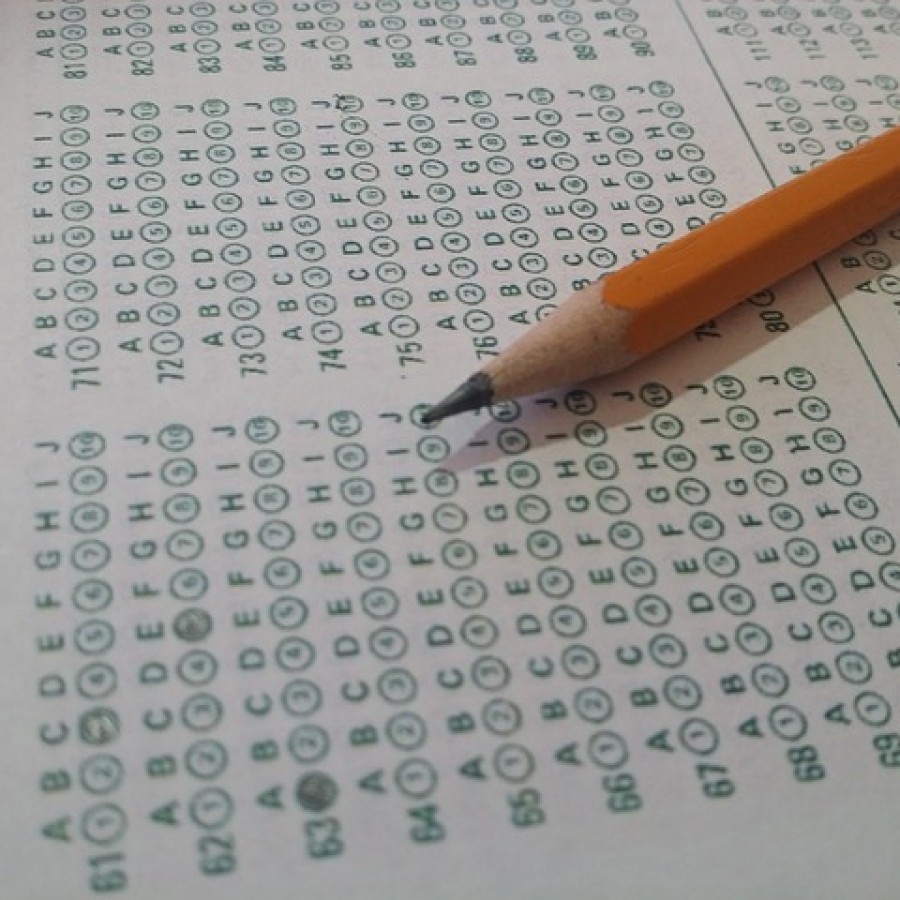While most parents want to help their children succeed, a handful of parents went too far and bought their children admission into some of the country’s most elite universities.
Some celebrities and business leaders paid large sums of money to buy their children spots in the freshman classes at some of the country’s most “prestigious” universities. 50 people were accused, including actress Lori Loughlin [who played Aunt Becky on “Full House”], of taking part in this college admissions scandal.
Loughlin and her husband, fashion designer Mossimo Giannulli, allegedly bribed authorities with $500,000 to have their two daughters recruited to the University of Southern California’s crew team. However, this was one catch: neither of the girls had ever rowed before.
Yale, Stanford, UCLA, Georgetown, Wake Forest University, University of Texas, and the University of San Diego have also been indicted on charges of similar money laundering schemes.
A handful of wealthy parents, not just Laughlin and Giannulli, paid thousands of dollars to William Rick Singer. He is the admissions consultant and founder of a nonprofit college-prep company who then bribed coaches at top tier universities to recruit students, regardless of their athletic capability.
Real athletes across the country are upset, including PV junior rower, Brenna Morley. “It’s disappointing that someone can use their wealth to buy a spot that real athletes work so hard for,” she said. This takes spots away from serious prospective college athletes who have worked their entire lives to compete at the college level.
However, this faking-athletic-credentials scheme only accounts for half of the entire admissions scandal. Other parents paid between $15,000 and $75,000 to help their children get better scores on standardized tests such as the ACT and SAT.
Recent investigation has shown that while these children were “taking” the exam, Mark Riddell–director of college entrance exam preparation at IMG Academy in Florida–would be in a back room taking the same exam for them.
How did the testing proctors not notice? Singer had paid them off.
These incidents have caused Senior Aman Manazir to question the validity of the college admissions process. “I feel as if it is an insult to the integrity of the American educational system as a whole,” he said. “Families who are able to spend tens of thousands of dollars to cheat their way through the system already have enough resources to afford tutoring and supplemental training for standardized tests such as the ACT and the SAT to help their children do well.”
If these families can spend thousands of dollars on bribes, they could just as easily have spent the money on test prep classes and tutors. Rather, they resorted to the easy way out, a “convenience” most children do not have.
Several parents and college students who were rejected from these schools went as far as filing a federal lawsuit against them. They claimed they would not have wasted their time and money applying to schools “warped and rigged by fraud.”
Often times, it seems these families have lost sight of the true purpose of the college admissions process. Manazir added, “It’s about finding the right fit for each and every student through a series of criteria, such as essays, standardized testing, and GPA.”
He continued, “If those people had to resort to paying their way into college, they won’t be able to do well in that setting anyway, because they just don’t have what it takes to survive in an academically rigorous environment.”
Wealthy families cannot be allowed to cheat their way into some of the world’s most elite universities and take spots from harder-working, lesser-privileged kids.
Junior Aditya Desai, who has just begun his college search process, commented, “Just because you’re rich doesn’t mean you have special privileges compared to the rest of us. People work very hard to get into their dream colleges, and the idea that someone can just bribe their way in is disgusting.”
It is unethical, and it is infuriating.









